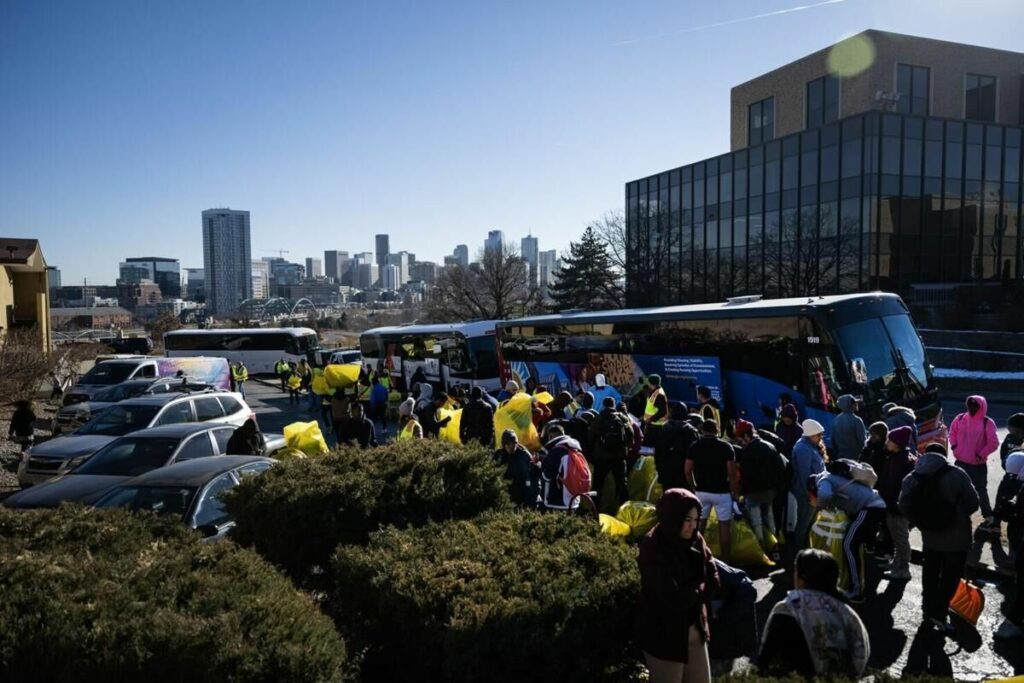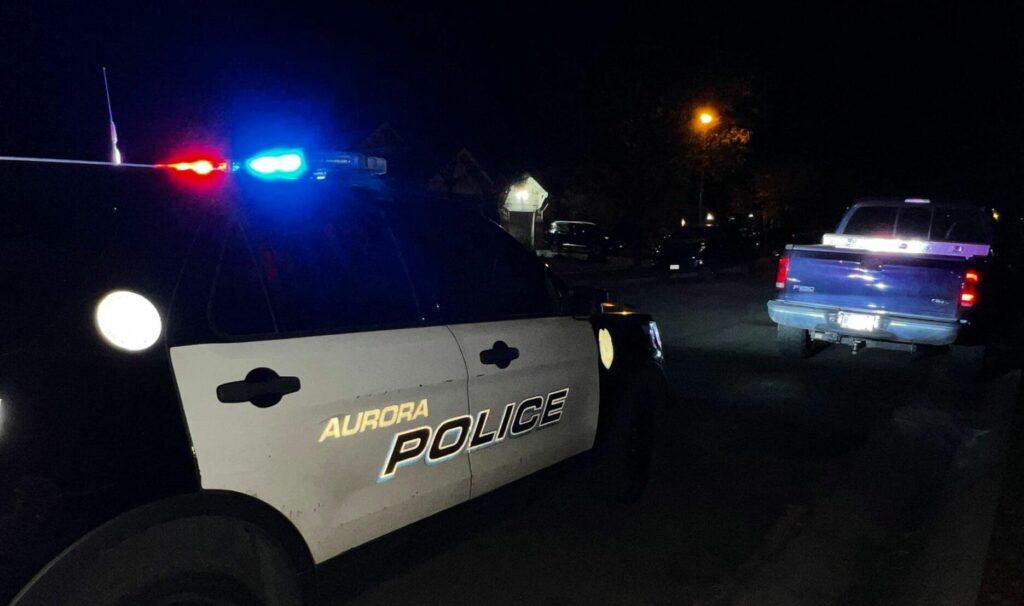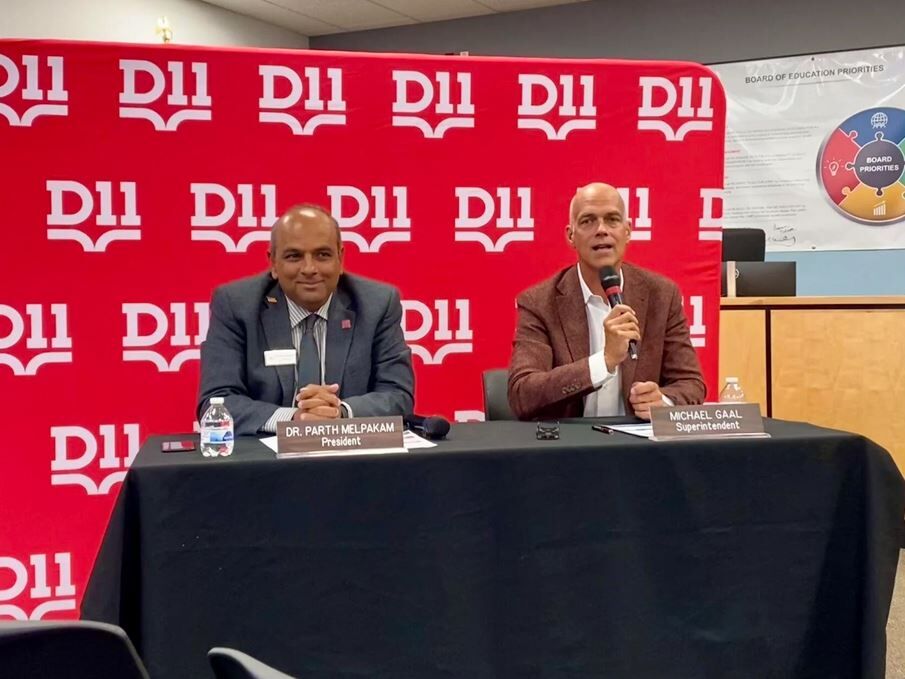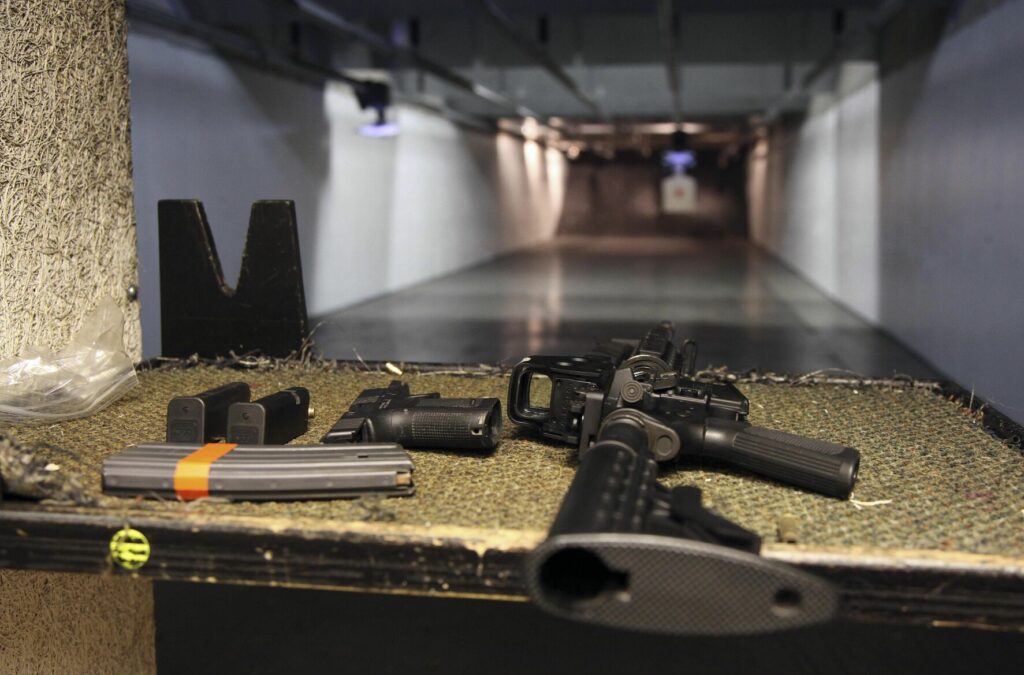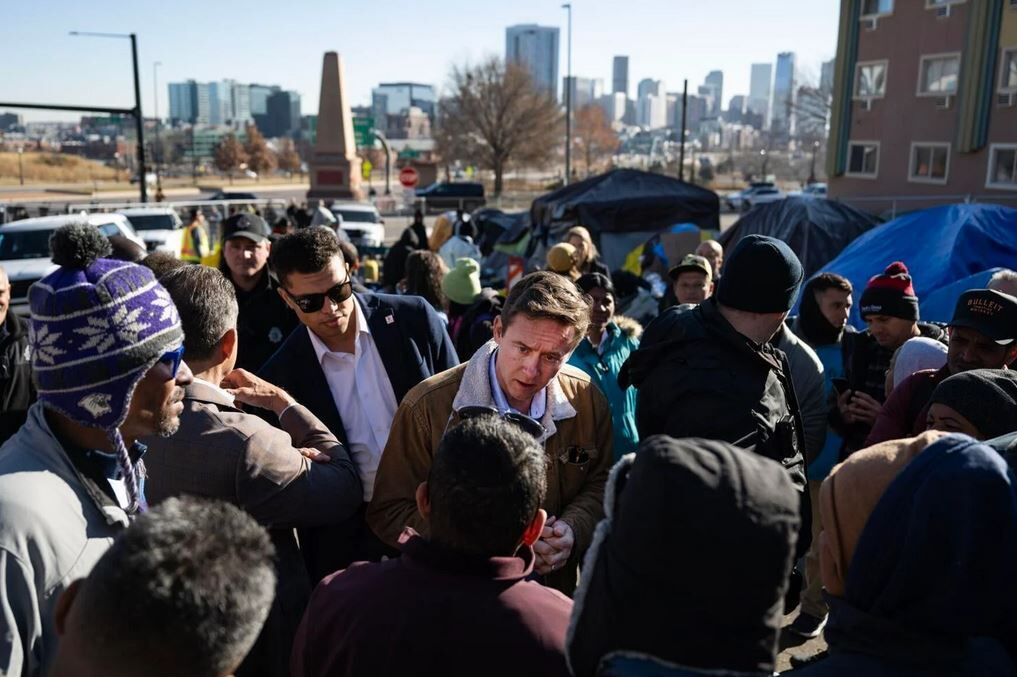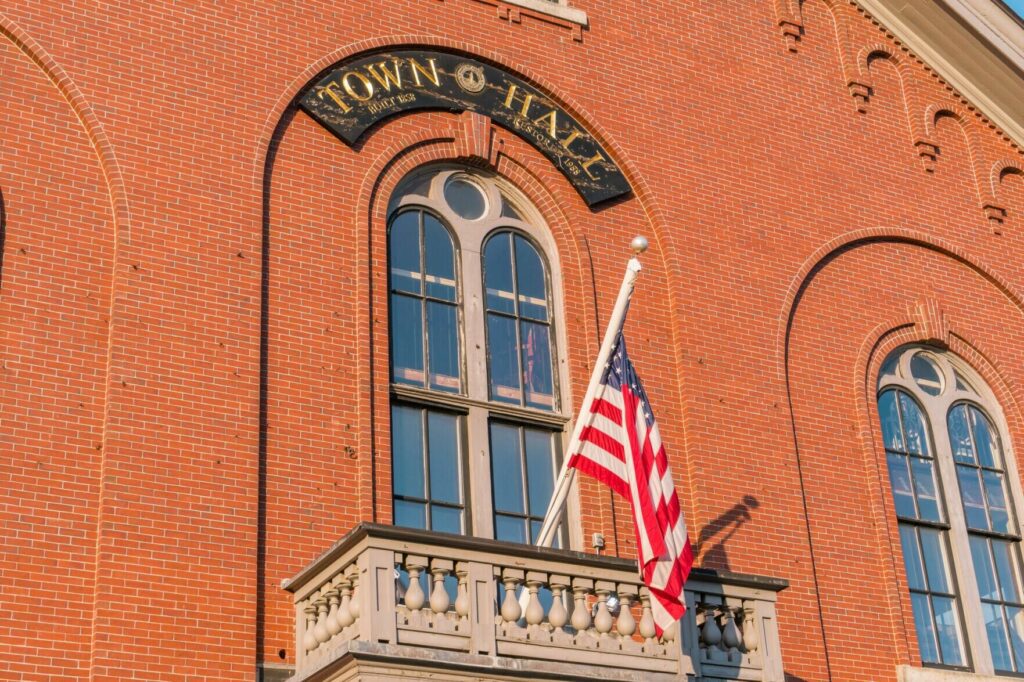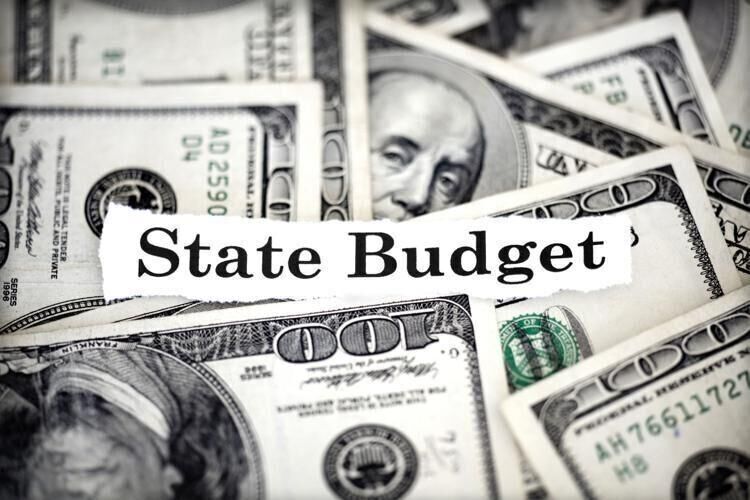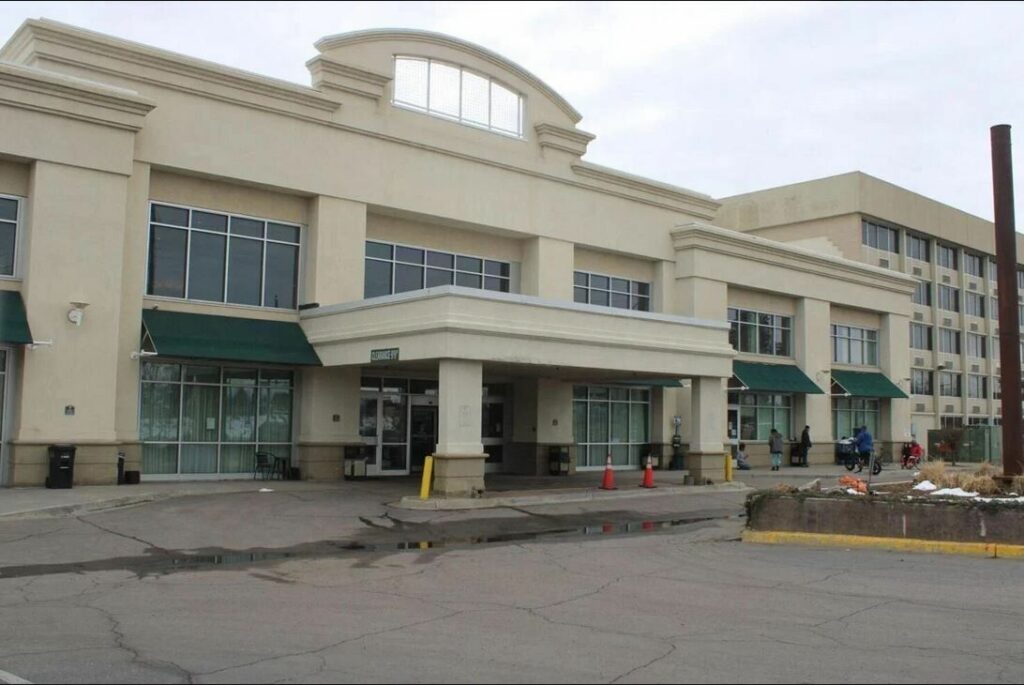State air board might exacerbate misery | Colorado Springs Gazette

Prepare for soaring prices, homelessness, hospital closures and other byproducts of energy poverty. A meeting this week could compound them all.
In a rulemaking hearing that runs through Friday, the Colorado Air Quality Control Commission plans to approve sweeping new statewide commercial building rules titled Regulation 28. The Legislature and governor made laws in 2019 and 2021 that require buildings to move toward carbon neutrality.
The law mandates energy reductions of 7% by 2026. By 2030 – in seven years – owners must reduce building emissions by more than 20% of 2021 levels. This affects at least 8,000 properties at a private-sector cost of billions. The commission might mandate heater and boiler replacements, solar panel acquisition, wider walls for thicker insulation, full electrification and more.
The Colorado Real Estate Association found the regulations affect most Colorado hospitals, including those barely surviving in rural areas. A spokesperson for the Denver Metro Chamber of Commerce said that organization could face $6 million or more to comply. The association says these mandates are too much, too fast at a time when businesses are struggling.
As business groups fight this, none suggest neglecting climate change. We should not. Yet, we cannot pass unrealistic laws that do more harm than good.
Stay up to speed: Sign-up for daily opinion in your inbox Monday-Friday
These mandates will do nothing measurable to curtail climate change. Yet, they will absolutely and quickly exacerbate homelessness and poverty. They will take a disproportionate toll on minorities. They will close small businesses that operate in shopping centers hobbled by overly bullish policy.
Gov. Jared Polis, Colorado’s highest-ranking Democrat, advocates “affordable housing.” He and other Democrats claim they want to lower property taxes. They express adoration for those small businesses that form Colorado’s character and economy.
Reality check: State officials cannot lower rental costs, mortgages, listing prices and taxes – and help small businesses – by forcing billions in new expenses on apartments, hospitals and other properties.
Polis recently said, “housing policy is economic policy. Housing policy is transportation policy. Housing policy is water policy. Housing policy is public health and equity policy.”
He left out “energy policy,” which directly affects anyone’s ability to remain in a home.
Adding massive expenses to apartment complexes and office buildings inflates property values, rents, mortgages and taxes. Those costs will pass through to residential and commercial tenants – even nonprofit hospitals hours from a city. The anticipated mandates will raise costs of nearly all goods and services.
Don’t take our word. The state’s nonpartisan economic impact analysis of Regulation 28 says “landlords might pass on some or all of the cost of implementing this rule to their tenants.” Those tenants will have less to buy food, shelter and clothing. Their money will fund an unrealistic goal with no tangible return.
Colorado lacks enough contractors to reconfigure thousands of structures in three to seven years. As they rush to meet this concocted demand, carpenters, engineers, plumbers, electricians and HVAC specialists won’t be free to build more housing. That means less “affordable housing.”
The state launched this before the pandemic closed businesses and presented extraordinary challenges for commercial property owners.
As of this year – under old, new and looming regulations – Denver has the worst-performing office market among the country’s largest cities, with vacancies at 20.4%. Maybe that’s because excessive fees and regulations have Colorado falling on rankings of business-friendly states.
Vacant buildings lose money, often leaving their owners unable to pay mortgages and taxes. So, let’s quell all hope and demand they pay to control an ever-changing climate.
Our state’s inflation has led the country in recent years, due largely to soaring fees, regulations and political mailbox money. Our state leads the country in the subcategories of shelter and transportation inflation. We lead the country in restaurant inflation, with prices shooting up 6% since January.
The Denver Chamber says the state has fallen to 18th among states for “business friendliness.” It ranks 38th worst for “cost of doing business,” 35th worst for “cost of living” and has the country’s 32nd worst economy. Our state cannot afford this rush to Californication.
We need more housing, hospitals and high-wage businesses. We need less poverty and more success. We can’t pursue these goals while crushing property owners and tenants with impossible mandates that won’t fix anything.
Colorado Springs Gazette Editorial Board




